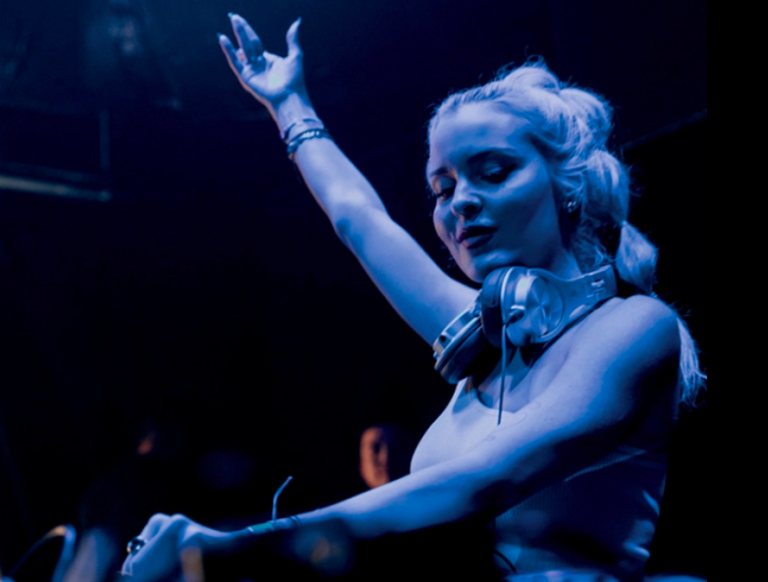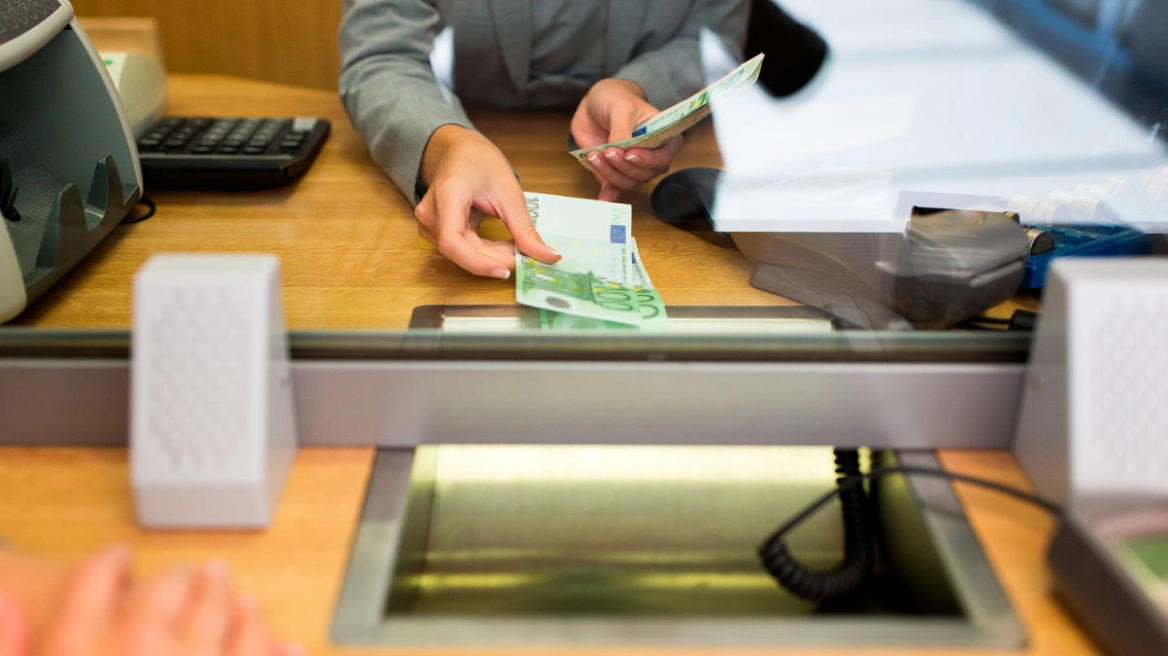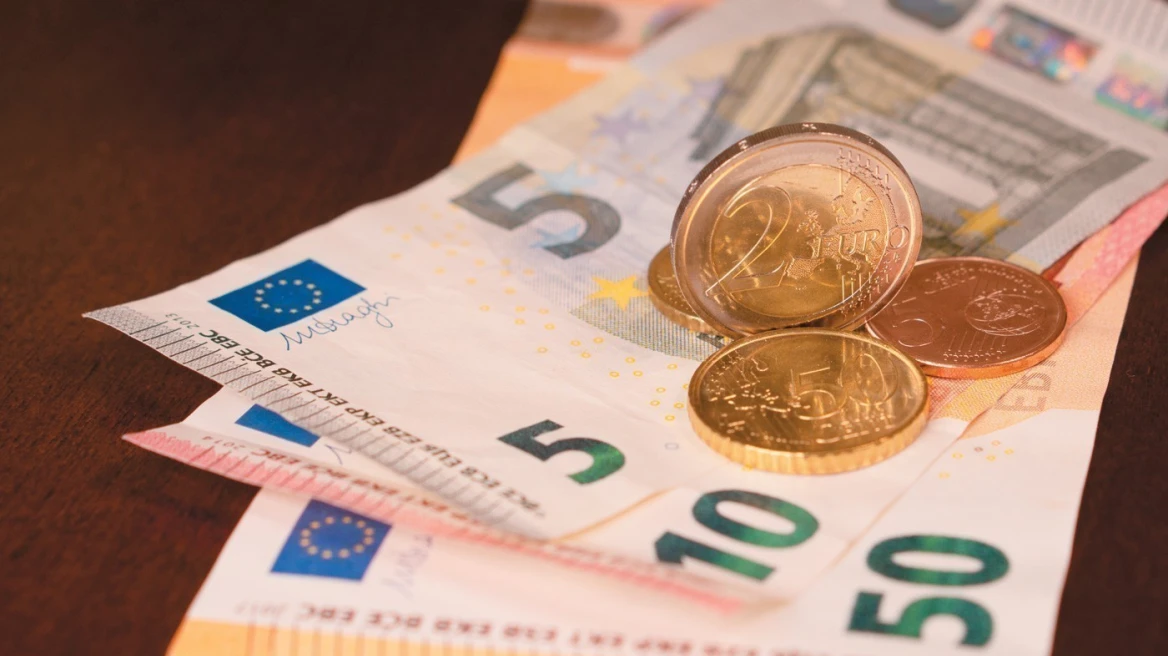Angelia Psaila, known as DJ Leena Punks, has captured international acclaim for her progressive house music. The BBC has recognized her multiple times as a Spotlight Artist. She has performed at major dance music festivals like Tomorrowland and Creamfields and has toured the USA and Asia.

Her journey began as a journalist in Athens, where she took online music production courses from a London school. The COVID-19 quarantine period was pivotal for her music career. She shares her story from her home in London via Zoom, a remnant of the pandemic.
GALA: You’ve performed at ‘Fabric’ and ‘Ministry of Sound’, two of London’s most renowned clubs. Could you share that experience?
LEENA PUNKS: One of my favorite residencies is at ‘E1’, which is a bit more underground compared to the others. But my absolute favorite is ‘Printworks’.

G.: How did it all start?
L.P.: I’ve been in London for 11 years now. I initially came to pursue journalism, as that was my previous job, working for the Lambrakis Press Organization and doing radio at NRJ. This led me to take online music production classes. I paused for a while but decided to focus on it during the pandemic. I started sending demos to record labels, which led to significant support from Anjunadeep. The BBC highlighted one of my tracks as the Hottest Record of the Week and named me Artist of the Week a year later, which kickstarted gigs at major clubs in London and beyond.
G.: So, journalism is now in the past for you…
L.P.: Although I did well in Greece, it’s much harder to reach a similar level here. However, I worked as an SEO editor for The Sun and Daily Mail and managed social media for British Vogue. Until July 2023, I worked in media, but as offers for DJing and music production increased, I got a visa for the USA and focused solely on music.
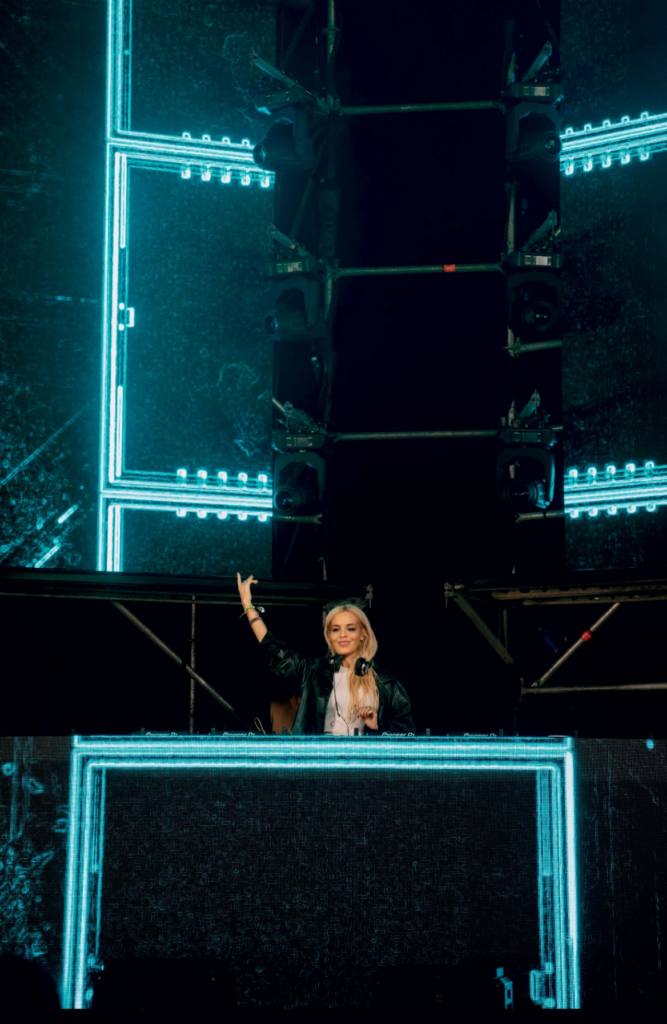
G.: It’s wonderful to see people finding their path.
L.P.: Yes, it happened by chance! If I hadn’t taken that music production course, nothing would have happened. Writing in journalism is creative, just like DJing, but I hadn’t found my niche until that course at Point Blank Music School. I took several seminars and attended a full year-long course in London, which I loved so much that I lost track of time for the first time in my life.
G.: So, you’re definitely one of those people whose lives changed during the pandemic.
L.P.: If that period hadn’t intervened, I wouldn’t have done anything. For me, it was a problem that became a springboard. I finally had time to explore what I truly enjoy in life. I started creating synthwave music and recording demos that I still enjoy today. During that time, I met someone who became my best friend and mentor, Harry Diamond, another music producer who encouraged me to pivot to progressive house.
G.: I remember the Dutch progressive house scene dominated in the ’90s…
L.P.: The Dutch are still masters of the genre today.
G.: You’ve played with some of the biggest DJs in the world, like Paul Oakenfold and Armin van Buuren…
L.P.: Van Buuren and his label Medusa have included my tracks in their playlists. David Guetta even played my latest song.

G.: Yes, I saw that! Congrats!
L.P.: His playlist has several big names, and when I saw my song on it, I thought, “Did a mistake happen?”
G.: What advice would you give to someone from Greece going abroad to pursue a career like yours?
L.P.: First of all, you don’t need to go abroad to have an international career as a Greek DJ and music producer. Athens is rapidly developing in this field. Sure, some connections abroad help, but it’s more important for everyone to work on creating their unique sound. The world is saturated with music offerings. Once you establish your identity, make connections, and share your music.
G.: Is it harder for a woman to do this job?
L.P.: It depends. Sometimes we might be favored for lineups, but it’s rare to see a woman headlining. However, there are more opportunities for women now than a few years ago.
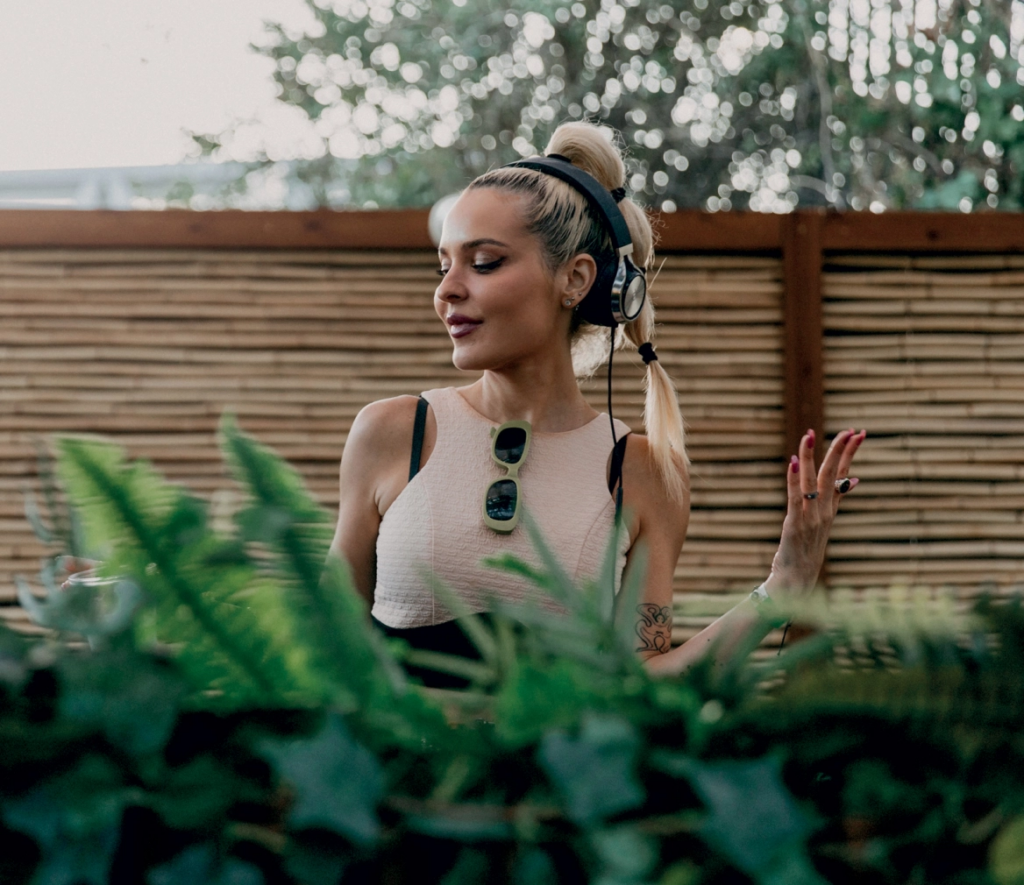
G.: What party has left a lasting impression on you?
L.P.: At Creamfields festival, I played music and met John Summit, who was a bit wild, Martin Garrix, who is one of the sweetest and humblest people I’ve met, and Peggy Gou, who is more reserved and detached. Also, the three nights I’ve played with Chicane were phenomenal experiences for me as a huge fan.
G.: How different are today’s clubs from those in the ’90s?
L.P.: Honestly, I didn’t experience that decade much. However, what I see today is a major health movement: people tend to avoid alcohol at night, and many DJs adopt this attitude too. They enjoy the night drinking water. For example, that’s how Above & Beyond operate, and I’ve seen them many times drinking only coconut water, nothing else. They bike daily, work out, and do yoga. It’s a new trend.
Ask me anything
Explore related questions
